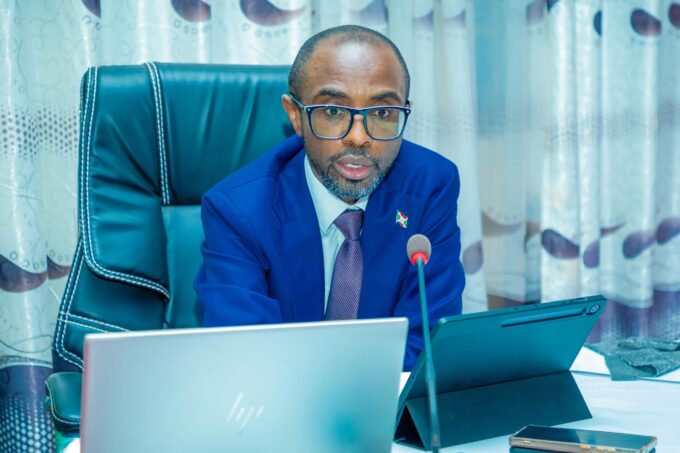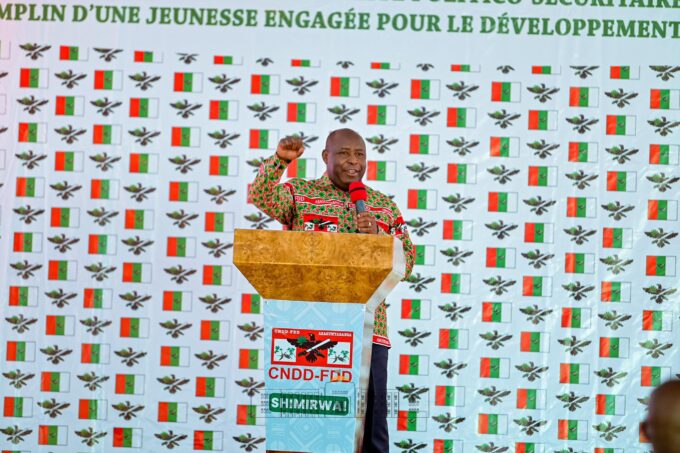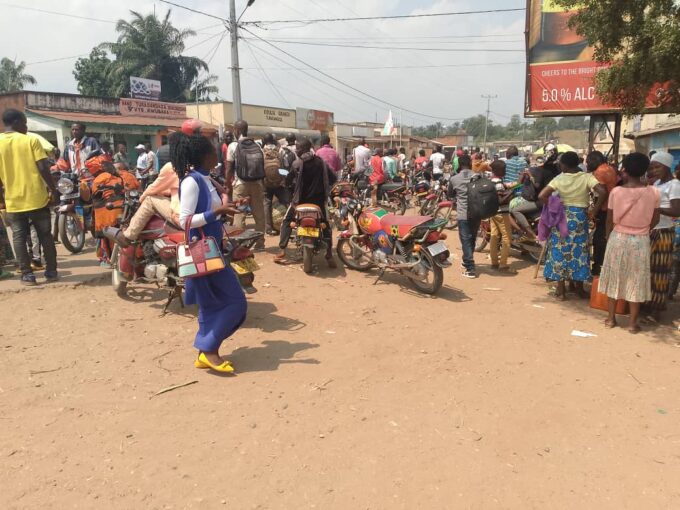Burundians are bracing for a sharp increase in the cost of living following the implementation of a new tax regime embedded in the 2025–2026 national budget. Economic experts are warning that the ripple effects of the tax hikes will be deeply felt by ordinary citizens, with essential goods expected to rise by nearly 50%—further straining an already fragile economy.
Diomède Ninteretse, an economic analyst, voiced strong concerns over the fiscal changes during an interview with local radio station Bonesha FM on Tuesday. He said that the increased taxes—particularly those imposed on everyday commodities—are already pushing market prices upward, compounding the economic burden on consumers.
“Under this new law, taxes have been increased—particularly in areas where it wasn’t necessary—which is evident through inflation at the market level,” Ninteretse explained. “Prices have risen by more than 30%, and it’s clear that many essential goods for citizens’ daily lives have become more expensive.”
The tax revisions come as part of the national budget passed in May, which sees state expenditures climb to 5,227.06 billion Burundian francs (BIF), up from 4,732.39 billion BIF in the previous fiscal year—a 10.5% increase. To bridge the fiscal gap, the government aims to collect roughly 4,790 billion BIF in revenues, a target that hinges heavily on new and increased taxes.
Everyday Goods, Travel, and Entertainment Hit by New Taxes
Among the most notable changes is the doubling of surcharges on imported beers, mineral waters, and flavored carbonated drinks—from 50% to 100% of their customs value. The surcharge on lemonades, sodas, and other non-alcoholic beverages remains unchanged at 25%. In addition, licensing fees for nightclubs have been tripled, rising from BIF 5 million to BIF 15 million annually.
The cost of travel documents has also been revised upward. The price of an ordinary Burundian passport now stands at BIF 300,000, up from BIF 235,000, while the laissez-passer—commonly used within the East African Community—has jumped from BIF 30,000 to BIF 50,000.
Government officials argue that the adjustments are part of a broader plan to ensure fiscal balance while protecting consumers. According to the Ministry of Finance, the revised budget, which took effect on July 1, is designed to stabilize revenue collection and sustain public services.
However, the timing of these measures raises alarm, especially in light of the country’s inflation woes. The International Monetary Fund (IMF) recently reported that Burundi experienced an average inflation rate of 39% during the first two months of 2025. The institution attributes the surge to monetary expansion and supply chain disruptions—factors that, if unaddressed, could continue driving inflation through 2027.
“Controlling inflation should be the authorities’ utmost priority,” the IMF cautioned. “High inflation is eroding purchasing power, especially among the poor, and distorting the broader economy.”
Inflation Deepens as Economic Growth Stalls
In March, Burundi Central Bank (BRB) recorded an overall inflation rate of 40.9%, with food inflation reaching 40.1%. Despite this, economic growth was limited to 2.8%, according to the Institute of Statistics and Economic Studies of Burundi.
Ninteretse fears that the current tax strategy could deepen the economic crisis. “If things had already gone up by 30%, and now an additional 15 to 20% is added on essential goods, you’re looking at a total increase of nearly 50%,” he noted.
He further warned that such increases could erode what little purchasing power remains among the population, especially with stagnant agricultural productivity.
“When taxes rise and agricultural production is low or unavailable, the consumer’s purchasing power is completely eroded,” he said. “People will be forced to make impossible choices: ‘Should we eat or seek medical care?’ When the cost of living becomes this burdensome, the economy contracts. People stop investing in farming, in livestock—activities that could otherwise generate income.”
As the effects of the budget begin to ripple through the economy, Ninteretse is urging lawmakers to revisit the tax structure with the public’s welfare in mind.
“They need to understand that raising taxes on scarce or infrequently purchased goods sets the country backward,” he said. “It’s not just about meeting revenue targets—it’s about protecting livelihoods and preserving economic momentum.”








Leave a comment